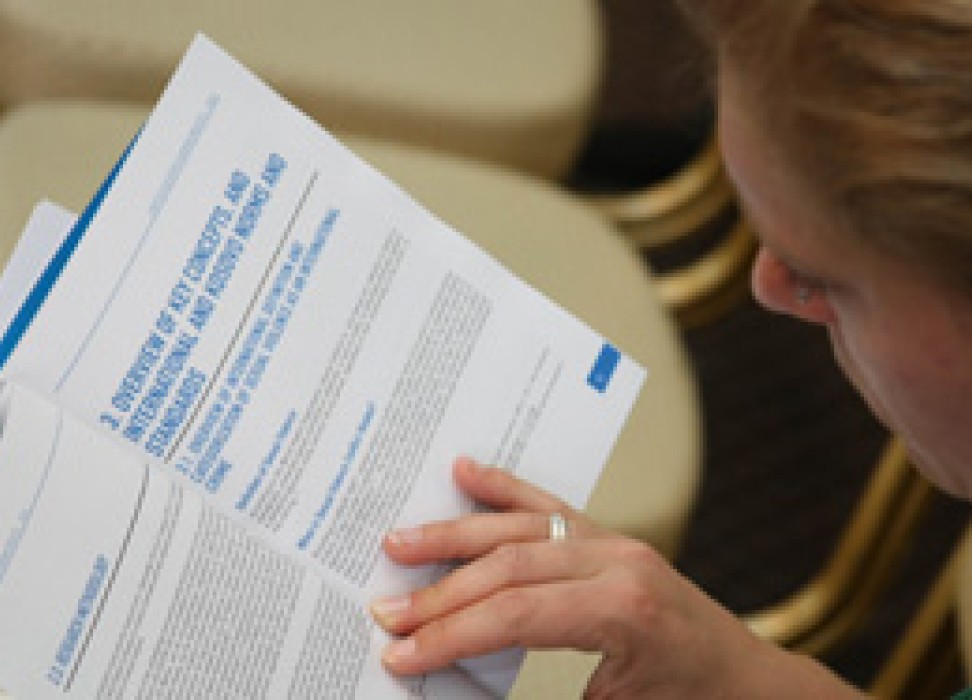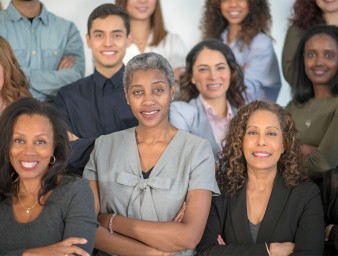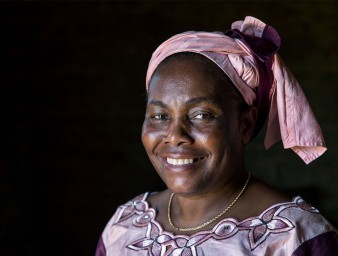Seeking justice for the victims of sexual violence from the armed conflict in Kosovo*
19 June 2013

“When the residents gathered together, [Serb forces] separated the men. Shortly thereafter, I heard shots on the way to the bus station and saw the bodies of about 20 men lying behind the paramilitary trucks. At the bus station, a policeman took my youngest son from my arms and then beat me when I tried to take him back. It was there also that I saw my father, mother, sister and brother for the last time. They are [now] reported missing. From the bus station, a policeman ordered the group to go to the railway station, where people went onto wagons waiting for their departure to Macedonia. The departure was delayed for six hours; during this time, an unestimated number of paramilitary came into the wagons and raped about 10-15 young girls in front of everyone, including young children. Finally, the train left for Blace...” An extract from the study, “Healing the spirit: Reparations for survivors of Sexual Violence related to the armed conflict in Kosovo”, which paints a horrific picture of the violence in Kosovo* during the armed conflict through 1998/1999.
The study, commissioned by the UN Human Rights Office in Kosovo and funded by the Finnish Government, examines the consequences of the sexual violence committed during the armed conflict to see what if any reparations have been made in response and to identify ways of offering redress to the victims.
In her address to launch the study, Osnat Lubrani, UN Development Coordinator in Kosovo, said this research “is the first to examine a painful topic of utmost sensitivity which has been a subject of some discussion in Kosovo, more often behind closed doors than in public.”
Lubrani noted that sexual crimes are often the ‘least visible… for many reasons, not least, the stigma and shame still attached to such crimes.”
The crimes, which the study describes, took place during a period of conflict in Kosovo following the break-up of the former Yugoslavia that was only halted after NATO intervention in 1999.
The focus of the research is the violence directed at Kosovo Albanian women because the study found insufficient information about victims from other ethnic groups and about reported violations involving men and boys. The study recommends further research to provide a more global view of the scope of sexual violence related to the armed conflict in Kosovo.
The acts of sexual violence committed by forces of the Federal Republic of Yugoslavia and Serbia against women and girls “contributed to an atmosphere of fear and oppression intended to facilitate the expulsion of the population from various locations in Kosovo.” According to the report these crimes were “often committed by more than one perpetrator, and [were] often exceptionally brutal.” It describes “rape, threatening body searches, beating of pregnant women to force abortion, humiliation by forcing women and girls to appear naked in front of one or more men, torture and severe physical abuse…”
The impact of these attacks upon the survivors has been profound in physical, psychological, social and economic terms and exacerbated in the absence of any redress and because of the stigma associated with sexual violence.
While emphasizing that “there is no accurate data on the incidence of such violence and figures remain incomplete and flawed,” the report concludes, nonetheless, that, “this should not prevent the Kosovo authorities from adopting a reparation programme for the survivors who have already been identified.”
Joël Mermet, the head of the UN Human Rights Stand-alone Office in Kosovo says, “Although almost 14 years have passed, the wounds remain open and the need for a comprehensive reparations programme to benefit survivors of sexual violence related to the armed conflict in Kosovo remains true.”
Survivors of sexual violence who were interviewed for the study were unanimous that they should be provided with medical and psychological care; that they should receive financial compensation; and additional monetary support to assist with the education of their children. They also want what the study describes as “satisfaction”: an official declaration aimed at restoring the dignity, reputation and rights of victims, and the pursuit of legal and administrative sanctions against the perpetrators.
Kosovo’s Law on the Status and the Rights of the Martyrs, Invalids, Veterans, Members of the Kosovo Liberation Army, Civilian Victims of War and their Families enacted in 2011 makes no mention of or provision for compensation for victims of sexual violence. One of the chief recommendations from the study is that this Law be amended to include these people as civilian victims of war.
Other recommendations to the authorities in Kosovo include developing strategies for advancing reparations to survivors of sexual violence; redoubling efforts to bring to justice alleged perpetrators; and a range of financial support measures for both the victims themselves and their families. The report underlines the need to ensure the centrality of survivors in the design and implementation of reparations programmes as well as respect for the "do-no-harm" principle.
The UN Human Rights stand-alone Office in Kosovo monitors the human rights situation, and supports transitional justice initiatives with a special focus on witness protection, monitoring of war crimes and ethnically motivated crimes, and sexual gender based violence relating to the conflict. Additionally, it supports organizations in their efforts to deal with the past.
* Reference to Kosovo should be understood in full compliance with United Nations Security Council resolution 1244 and without prejudice to the status of Kosovo.
19 June 2013

VIEW THIS PAGE IN:



